By all accounts, the development of British Columbia's liquified natural gas (LNG) industry is both delicate and extremely time sensitive. There is a global race to get LNG to market, and purchasers in Asia and elsewhere want stable, long-term contracts. All of this has made the BC government unusually receptive to the opinion and concerns of First Nations in Northern BC, whose territories include both the gas fields themselves, as well as the possible transport routes (by land and water) over which the gas must be transported.
To get an idea of just how touchy the BC government is on the LNG file these days, witness the recent 72hr environmental policy flipflop and public apology by senior government ministers for having introduced (without consultation) new environmental assessment exemptions for sweet natural gas processing plants and ski hill developments. Chief Stewart Phillip of the Union of B.C. Indian Chiefs captured the anger many First Nations leaders felt over the lack of consultation: “In a stunningly stupid move, the province has effectively declared war on all B.C. First Nations and jeopardized all LNG discussions throughout the entire province of B.C."
First Nations reaction was completely understandable given the lack of consultation by the BC government, but it also signals a wider sentiment based not only on historical wrongs and grievances, but also the tone deaf and often antagonizing tactics of the federal government and resource companies who are seeking to build heavy oil pipelines to the West Coast, and to develop mineral and gas deposits in Northern BC, in the absence of treaties with any of the dozens of First Nations who live there. First Nations are not anti-development, but they do have the right to determine what responsible and sustainable resource development looks like for them.
Given this context, it's not surprising that the BC government is now publicly signalling its dissatisfaction with the way the federal Conservative government is pushing pipelines in BC (the Enbridge Northern Gateway pipeline in particular).
In today's Globe and Mail, Gary Mason quotes an unnamed source who is apparently familiar with discussions between the two governments: "'It's becoming an issue,' said a source with knowledge of the situation. 'As Ottawa pushes the two oil pipelines one of the unintended consequences could be that First Nations communities on the natural gas pipeline routes could simply say no to natural gas if the feds are going to push the pipelines on B.C.'"
This is a real danger I have written about and discussed in public forums. If First Nations feel continually harassed and are antagonized by the federal Conservative government in its blind quest to build the Northern Gateway pipeline, how will that affect the relationships First Nations are willing to have with other governments and communities? Put simply, are we willing as British Columbians and Canadians to allow the federal Conservative government to further undermine BC First Nations' trust and good will, thereby jeopardizing fledgling relationships and other forms of natural resource development in Northern BC?
In his article, Mason goes on to say that "cross threading" is the new term being used inside the B.C. government to describe the emerging problem of the federal and provincial governments' energy interests being out of sync. To carry the nuts and bolts analogy further, I think BC needs to ask itself if its willing to allow the federal government to forcibly strip away what little trust currently exists between First Nations and other levels of government, all for an ill-conceived pipeline that is opposed by the majority of British Columbians, and was most recently rejected by Kitimat, which had the most to gain from it materially.
Trust is the prerequisite for any relationship, and the development of natural resources in Northern British Columbia will not proceed smoothly, orderly, or in some cases perhaps at all, if the federal Conservative government forces pipelines on First Nations.




